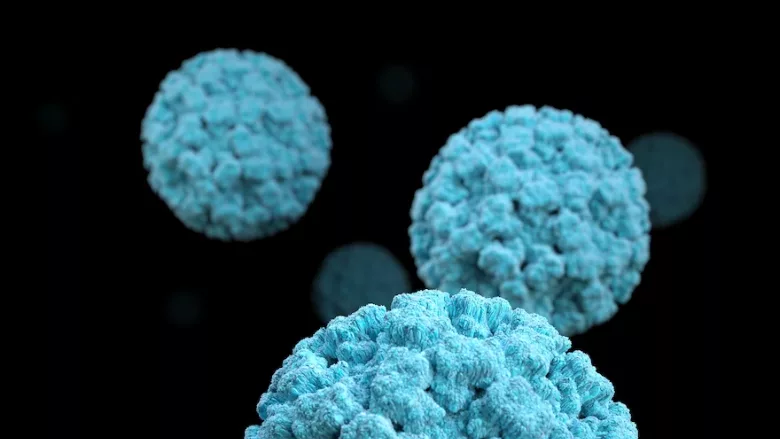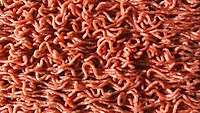Researchers Developing Vaccine for Human Norovirus, a Major Cause of Foodborne Illness

Credit: The U.S. Centers for Disease Control and Prevention (CDC) via Unsplash
Researchers from the Washington University School of Medicine in St. Louis (WUSM St. Louis) are developing a vaccine for human norovirus, which is the leading cause of foodborne illness worldwide.
According to WUSM, every year, norovirus causes “hundreds of millions” of foodborne illness cases, as well as the death of at least 50,000 children. Norovirus spreads quickly and easily, and is difficult to inactivate. “Pretty much everyone has had norovirus at some point,” said Siyuan Ding, Ph.D., an author of the study that developed the vaccine.
The experimental vaccine developed by WUSM researchers was created by drawing upon the existing vaccine for rotavirus, which, like norovirus, causes enteric illness. Unlike rotavirus, however, the development of a vaccine for human norovirus has not been easy due to the virus’s inability to infect ordinary lab animals.
In the present study, the researchers created an experimental rotavirus-norovirus combo vaccine by adding a key protein from norovirus to a harmless strain of rotavirus. Mice that received the experimental vaccine produced neutralizing antibodies against both rotavirus and norovirus.
The next step is to demonstrate that animals immunized with the experimental vaccine are less likely to get sick or die from norovirus than unvaccinated animals. Such experiments are already underway.
Looking for quick answers on food safety topics?
Try Ask FSM, our new smart AI search tool.
Ask FSM →








